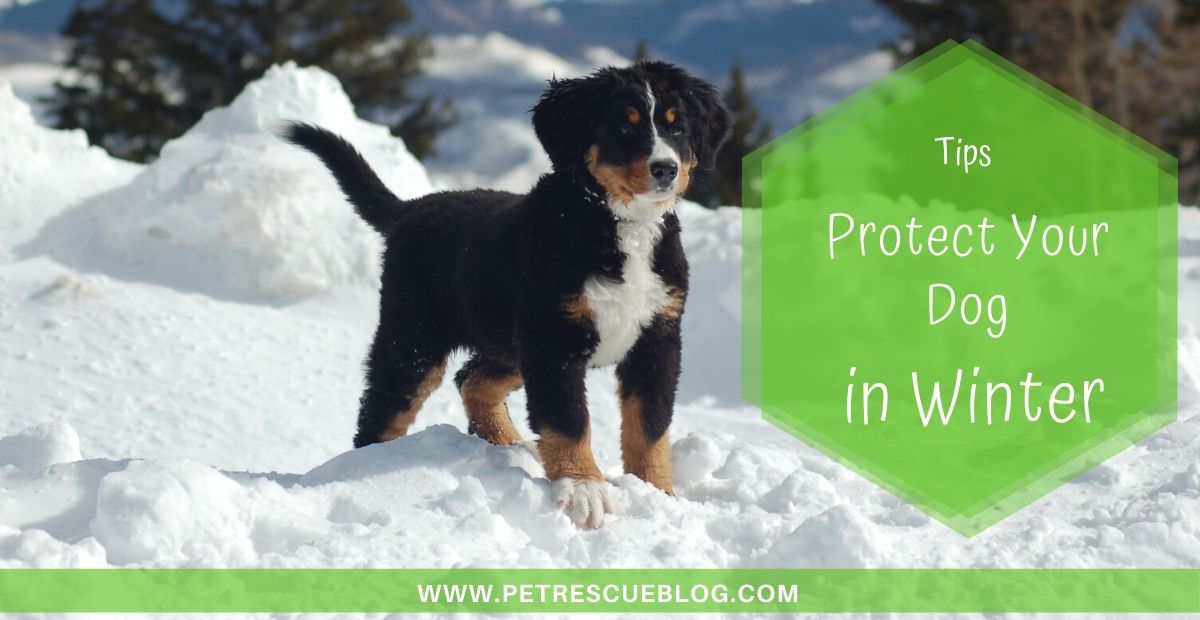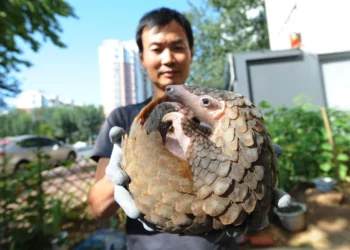Your dog is one of your family members. The dog has fur, more or less thick depending on the breed. But it also comes from a different region! Dogs travel all over the world, and some breeds are not made for walking in the snow. If you own a mountain dog, a Malamute or a Husky, cold is not necessarily a problem, they are genetically able to withstand low temperatures.
Do not forget that the dog is originally an outdoor animal. Men domesticized them, he spends a lot of time indoors, so he is less accustomed to having to resist the evils coming from outside. It will require extra vigilance in the case of small dogs, short-haired dogs, older dogs, and dogs either overweight or too lean.
But when your dog comes out in the open, with his nose in the wind and his feet in the snow, is he sufficiently protected against the cold? Pet Rescue Blog gives you the best tips to protect your dog during the winter!
Tips To Protect Your Dog During The Winter
A Coat, the Right Accessory to Protect Your Dog
In winter, you never go out without your coat. For your pet, it’s the same! A coat can protect your dog from the cold, especially if he has very short hairs or is a little old:
Dogs with very short hair especially small breeds like Chihuahuas, do not have the coat enough to be well protected from the cold. In this case, compensate with a little warm coat.
Older dogs are often more fragile and subject to health problems: they have greater vertebral pain in winter and the risk of lung infections. A good coat helps prevent these pains are still awakened by the cold.
After The Wet Outings, Dry Your Dog Well
After a long walk in the rain or in the snow, here are some tips to protect your dog from the cold and prevent him from getting sick:
Rinse his Paws
Dogs love the snow. The only problem is that salt and sand used to clear snow from the road encourage skin irritation on the legs. They can also promote respiratory and joint infections. After each outing, clean your dog’s paws with warm water and dry them with tenderness.
Dry Him
Dry your entire doggie after a walk in the fresh air with a soft and absorbent towel, or even with a hairdryer if it accepts! You will allow him to evacuate all the moisture left in his coat and to warm up.
Avoid Frequent Winter Diseases with Your Veterinarian
In winter, in humans as in dogs, the most common virus is viral gastroenteritis. His symptoms are well known: vomiting and diarrhea. In this season, cold weather and humidity can also trigger osteoarthritis problems – especially in old dogs and respiratory problems.
Adapt the Healthy Diet
With cold and rain, outdoor outings with your dog are usually shorter. For your doggie, it represents less physical effort. In this case, reduce his kibble ration so that he does not gain weight during the winter. If on the contrary, your dog is led to spending his days running in the cold air, slightly increase his contributions. Your vet will help you find the right dosage for your pet.
Beware of Food Poisoning
The end of year holiday periods is generally punctuated by chocolate, chestnuts and many salty products such as smoked salmon, aperitif cakes, etc. All these foods are toxic to your dog. Watch what you leave within reach of your dog to avoid poisoning. Also, beware of unfinished glasses of alcohol on the tables. Finally, some decorative winter plants are also particularly toxic as mistletoe and holly.
Protect It From Lack Of Exercise
Few people like to walk in the snow, but you have to do it! Get out in the cold and walk your dog. If this is a real problem, shorten the walk outside. Prefer ten minute walks rather than a long walk.
The more your dog is outside, the more he will lose his body heat.
Even your dog may well apprehend his outings, but they remain mandatory. His physical health depends on it, he must spend a minimum, even if it is in the snow. Even if he is reluctant, know that it’s good for his morale. Feel the fresh air and frolic in nature is a true madeleine, Proust. If you have the opportunity, do not neglect his physical warm-up.
This will prevent sprains and strains. Do not hesitate to play with him, but do not let him go too far, it’s an unknown world for him! For example, you can buy reflective leashes and collars, as you can see from afar, and even at night.







